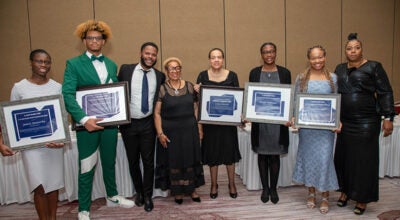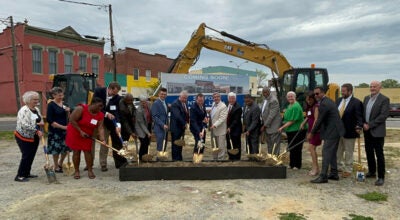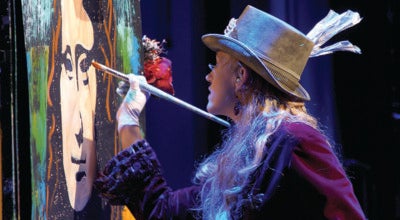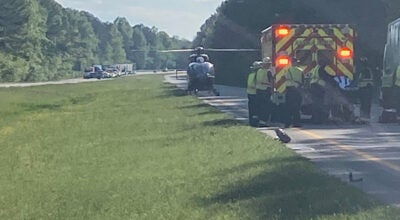Field trips ‘not easy’
Published 10:58 pm Thursday, November 29, 2012
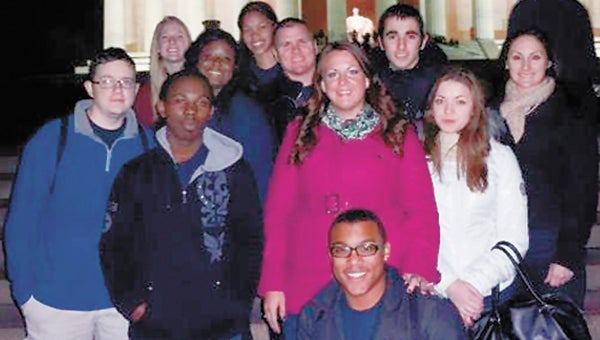
Standing on the steps of the Lincoln Memorial during a recent field trip to Washington, D.C., by the King’s Fork High School DECA Club are, kneeling, Fletcher Stephens; second row, Nicholas Womack, Robert Wilson, Lisa Quinn, Olena Dzuibko and Kyla Gentry-Spears; third row, Tiffany Lewis, Richard Quinn and Afonso Lechugo-Isaac; and back row, Deborah Nystrom and Done't Freeman.
Nine King’s Fork High School students, members of the school’s DECA Club, had the power trip of their lives earlier this month on a field trip to Washington. But the trip didn’t come easy for them.
The trip from Nov. 16-18 involved “Amazing Race”-type activities with student groups completing “a series of tasks, each presenting an entrepreneurial trait,” marketing and entrepreneur teacher Lisa Quinn wrote in an email. Against the backdrop of the national capital’s stirring monuments and famous museums, students participated in career workshops, networked with experts in marketing, tourism and other fields and participated in a team decision-making competition.
But Quinn, who came to Suffolk Public Schools from another district a little over two years ago, said it wasn’t so easy getting approval from administrators for the fully club-funded trip.
“I came from Newport News. There they called me the field trip queen — we’d go on a field trip every month,” Quinn said.
She wrote that she modified the field trip application after “it was brought to my attention that the School Board may not approve the trip if students had to pay the registration fee.”
According to district records, parents of public school students in Suffolk pay mostly nothing for field trips, and sometimes small fees such as $10.
There are exceptions, such as Nansemond River High’s competitive performing arts team’s trip to a Virginia Theatre Association Conference in Northern Virginia, which cost $400 per student. The team raised the money through various avenues, including an admission-by-donation performance.
The month of that excursion, October, saw about 168 field trips, while September had 87; most were sports-related.
The cost to the district varies according to the nature, destination and duration of the field trip, district Deputy Superintendent Jacqueline Chavis wrote in an email. “The division prefers trips that are little to no cost for parents, as well as local locations,” she wrote.
“The criteria for administrators evaluating any field trip request include events that are aligned and support the curriculum, activities that provide service to the community, and/or trips that reinforce and provide enrichment, such as competitive opportunities.
“The KFHS DECA trip supports the local and state curriculum and provides hands-on, enriching, real-world application that enhances student learning.”
The King’s Fork High students rounded out their field trip with a night tour of Washington’s sights.
Quinn said the experience showed students how marketing can be a viable career path. She says she will continue organizing field trips, despite the rigmarole.
“It’s a lot of work and it’s very stressful, and I don’t think it needs to be,” she said.
Quinn also wrote, “One of the best experiences students can have is outside the four walls of our schools experiencing curriculum in real-world settings.
“When teachers find it so difficult to arrange for field trips, they find it very discouraging and nearly impossible to fit into an already demanding schedule. It is a shame that more students are not experiencing the opportunities made available to them, especially classes and groups where there is no financial burden on the district to allow these field trips to occur.”


